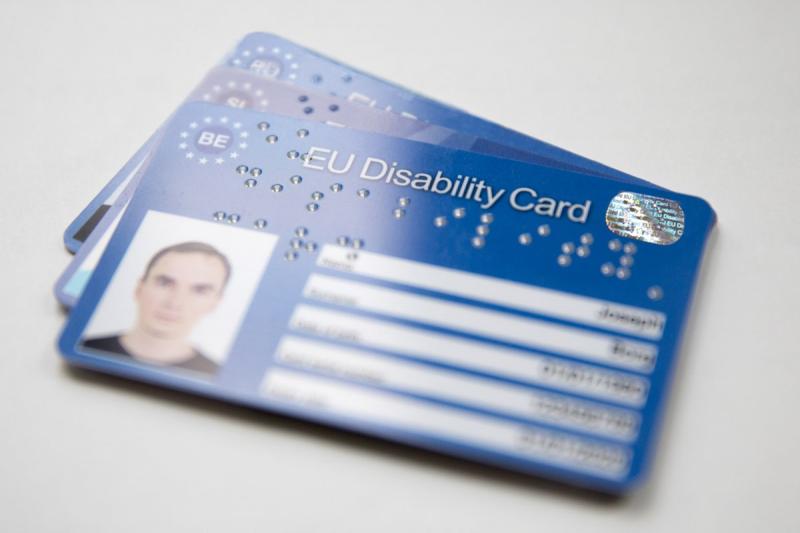
The EU Disability Card – one of the European Commission’s flagship initiatives under the Strategy for the Rights of Persons with Disabilities 2021-2030 – is under way. This initiative would provide mutual recognition of disability across EU Member States and would promote awareness of invisible disabilities such as autism, enabling disabled people’s increased mobility within the EU, to which they are entitled to as citizens. You can now share your views on this proposed initiative until 5 May 2023.
The EU Disability card is expected to be adopted by the end of 2023 and the Commission has opened a public consultation process during which individual EU citizens and associations can provide further input until 5 May 2023 (available in all 24 official EU languages).
All interested stakeholders can participate in this public consultation, it is particularly important to provide feedback on behalf of autistic people and their families to ensure the European Disability Card will respond to the needs of the autism community.
A short easy-to-read questionnaire is also published, accessible to everyone, including persons with intellectual disabilities.
In line with the European Disability Forum, Autism-Europe has already provided feedback to the consultation questionnaire.
Key points
EDF and Autism-Europe notably recommend that the EU disability card should:
- be based on binding legislation, preferably a Regulation to ensure a
harmonised implementation across EU member states - apply to all areas of services and supports already provided for
national citizens with disabilities - be accompanied by an EU-level website and online database available in all EU languages
- be accompanied by an EU funding instrument that ensures continuity and a lasting legacy beyond the initial launch
- be accompanied with a communication and awareness raising campaign to ensure the biggest possible impact – including highlighting its benefits for people with invisible disability
- not be combined physically with the European Parking Card as they should be kept separately.
Throughout the entire process from the policy and legislative procedure to the implementation and communication of the Card, persons with disabilities and their representative organisations have to be closely involved.
For more information, you can also consult AE Position paper issued end of 2022 during the previous consultation phase.